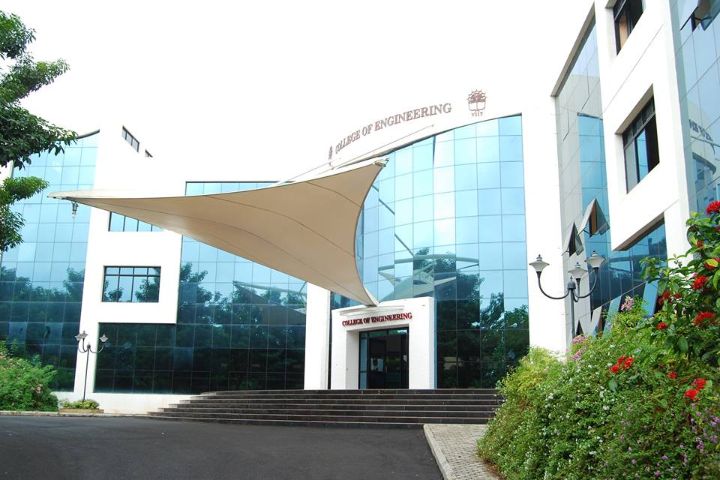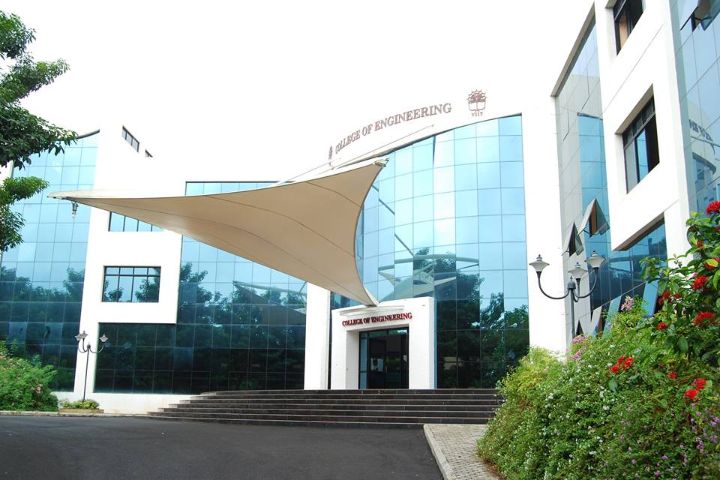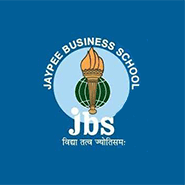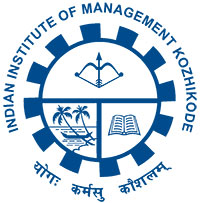Computer Engineering (NBA Accredited)
Program Educational Objectives (PEOs)
Students will be able to apply the fundamentals , domain knowledge and modern technology of computer engineering to analyze, design
and implement effective solutions to engineering problems
Students will be able to identify the needs of society and deals with professional ethics, sense of responsibilities, understanding of legal,
safety, health, cultural and environmental issues
Students will be motivated for lifelong learning, investigative approach, multidisciplinary thinking and competitive exams
Students will be able to achieve successful career in different roles and responsibilities
Students will be nurtured for strong managerial and communication skills to work as an individual and team member.
Program Outcomes(PO)
Engineering knowledge: Apply the knowledge of mathematics, science, engineering fundamentals, and an engineering
specialization to the solution of complex engineering problems.
Problem analysis: Identify, formulate, review research literature, and analyze complex
engineering problems reaching substantiated conclusions using first principles of mathematics, natural sciences, and engineering sciences.
Design/development of solutions: Design solutions for complex engineering problems and design system components or processes that meet the specified needs
with appropriate consideration for the public health and safety, and the cultural, societal, and environmental considerations.
Conduct investigations of complex problems: Use research-based knowledge and research methods including design of experiments, analysis and interpretation
of data, and synthesis of the information to provide valid conclusions.
Modern tool usage: Create, select, and apply appropriate techniques, resources, and modern engineering and IT tools including prediction and modeling to
complex engineering activities with an understanding of the limitations.
The engineer and society: Apply reasoning informed by the contextual knowledge to assess societal, health, safety, legal and cultural issues and the consequent
responsibilities relevant to the professional engineering practice.
Environment and sustainability: Understand the impact of the professional engineering solutions in societal and environmental contexts, and demonstrate the
knowledge of, and need for sustainable development.
Ethics: Apply ethical principles and commit to professional ethics and responsibilities and norms of the engineering practice.
Individual and team work: Function effectively as an individual, and as a member or leader in diverse teams, and in multidisciplinary settings.
Communication: Communicate effectively on complex engineering activities with the engineering community and with society at large, such as, being able to
comprehend and write effective reports and design documentation, make effective presentations, and give and receive clear instructions.
Project management and finance: Demonstrate knowledge and understanding of the engineering and management principles and apply these to one’s own work,
as a member and leader in a team, to manage projects and in multidisciplinary environments.
Life-long learning: Recognize the need for, and have the preparation and ability to engage in independent and life-long learning in the broadest context of
technological change.
Program Specific Outcomes(PSO)
Professional Skills-The ability to understand, analyze and develop computer programs in the areas related to algorithms, system software, multimedia, web design, big data analytics and networking for efficient design of computer-based systems of varying.
Problem-Solving Skills- The ability to apply standard practices and strategies in software project development using open-ended programming environments to deliver a quality product for business success.
Successful Career and Entrepreneurship- The ability to employ modern computer languages, environments and platforms in creating innovative career paths to be an entrepreneur and a zest for higher studies.
Mechanical Engineering (NBA Accredited)
Program Education Objectives(PEO):
Students will be able to develop core competency in mechanical engineering.
Students will be encouraged to participate in co-curricular activities for holistic development.
Students will be motivated for higher education and competitive examinations
Students will be nurtured with ethical and moral values to serve society.
Program Outcomes(PO):
Engineering knowledge: Apply the knowledge of mathematics, science, engineering fundamentals, and an engineering
specialization to the solution of complex engineering problems.
Problem analysis: Identify, formulate, review research literature, and analyze complex
engineering problems reaching substantiated conclusions using first principles of mathematics, natural sciences, and engineering sciences.
Design/development of solutions: Design solutions for complex engineering problems and design system components or processes that meet the specified needs
with appropriate consideration for the public health and safety, and the cultural, societal, and environmental considerations.
Conduct investigations of complex problems: Use research-based knowledge and research methods including design of experiments, analysis and interpretation
of data, and synthesis of the information to provide valid conclusions.
Modern tool usage: Create, select, and apply appropriate techniques, resources, and modern engineering and IT tools including prediction and modeling to
complex engineering activities with an understanding of the limitations.
The engineer and society: Apply reasoning informed by the contextual knowledge to assess societal, health, safety, legal and cultural issues and the consequent
responsibilities relevant to the professional engineering practice.
Environment and sustainability: Understand the impact of the professional engineering solutions in societal and environmental contexts, and demonstrate the
knowledge of, and need for sustainable development.
Ethics: Apply ethical principles and commit to professional ethics and responsibilities and norms of the engineering practice.
Individual and team work: Function effectively as an individual, and as a member or leader in diverse teams, and in multidisciplinary settings.
Communication: Communicate effectively on complex engineering activities with the engineering community and with society at large, such as, being able to
comprehend and write effective reports and design documentation, make effective presentations, and give and receive clear instructions.
Project management and finance: Demonstrate knowledge and understanding of the engineering and management principles and apply these to one’s own work,
as a member and leader in a team, to manage projects and in multidisciplinary environments.
Life-long learning: Recognize the need for, and have the preparation and ability to engage in independent and life-long learning in the broadest context of
technological change.
Program Specific Outcomes (PSO):
Students of the program will achieve excellence in design, thermal and manufacturing system by acquiring/applying mechanical engineering knowledge.
Students will develop an approach to solve multidisciplinary problems by using modern tools.
Students will engage in higher studies, research and other continuous professional development activities.
Students will be able to analyze, interpret and provide solutions to the real life mechanical engineering problems.
Electrical Engineering
PEOs
To prepare the students for placements in reputed industries and to pursue the Post-graduation and research education in the field
of Electrical Engineering and allied disciplines.
To provide the platform to students with competency in mathematics and engineering fundamentals to formulate, analyze, design
& solve complex engineering problems.
To inculcate in students professional and ethical attitude, effective communication skill, teamwork, and an ability to relate
engineering to global perspective issues and social context.
To provide the student with an academic environment that fosters academic excellence, leadership and promote in them the
awareness of life-long learning.






